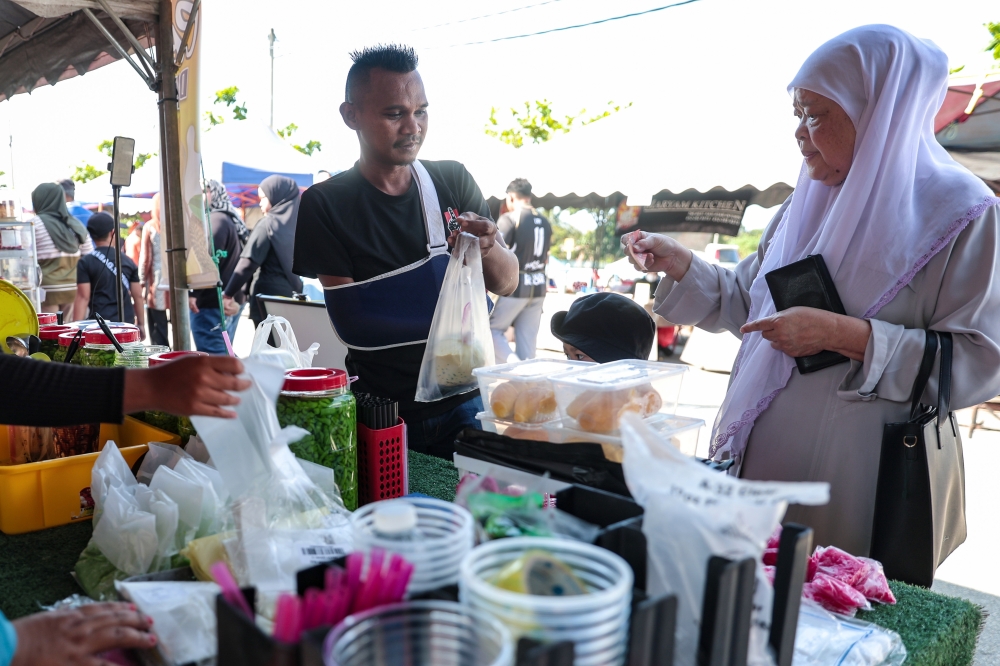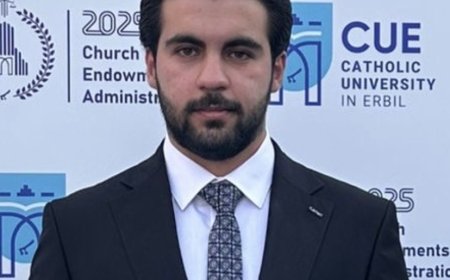Dame Patricia Routledge, actress who found lasting fame as Hyacinth Bucket in Keeping Up Appearances
She believed that the old-fashioned principles she embraced as Hyacinth were bred into her by her parents’ ‘Northern puritanism’

Dame Patricia Routledge, the comic actress, who has died aged 96, played the monstrous suburban housewife Hyacinth Bucket in Keeping Up Appearances, one of the BBC’s most popular television sitcoms of the 1990s, and went on to take the title role of the pensioner and amateur small-time sleuth in Hetty Wainthropp Investigates. But perhaps her most thoughtful and enduring performances were as the tragic spinsters she played, both on television and on the stage, in Alan Bennett’s Talking Heads.
A sharp-eyed interpreter of Bennett’s well-spoken Northern women, Patricia Routledge had starred in two of his plays, A Visit From Miss Prothero and (with Prunella Scales) Doris and Doreen, both directed by Stephen Frears and broadcast on ITV in 1978. Thirty years later, at her instigation, both pieces were resurrected for the stage as Office Suite.
“No one is better [than] the redoubtable Routledge... at bringing out every nuance of Bennett’s dialogue, superficially banal and homely yet with a lethal sharpness and precision that make him the Oscar Wilde of lower-middle-class Northern gentility,” observed The Daily Telegraph’s theatre critic Charles Spencer. She admitted that Bennett’s plays often shed an inquiring light on her own character: “They came very close to me sometimes.”
Patricia Routledge’s relationship with Bennett originally misfired when, in 1973, illness forced her to turn down a part opposite Alec Guinness in Bennett’s play Habeas Corpus. But in 1982 Bennett wrote for her the first of his television monologues, A Woman of No Importance, about another fussy spinster (like Miss Prothero and Doreen) who, confined to a hospital bed, keeps her spirits up by devising new structures and routines.
Six years later came Bennett’s first series of Talking Heads, in which Patricia Routledge played Miss Ruddock, a compulsive writer of poison pen letters, whose malign habit culminates in a redemptive spell in prison. A second, darker, Talking Heads series was broadcast in 1998. In Miss Fozzard Finds Her Feet, specially written for her, Patricia Routledge’s character was drawn into a bizarre form of prostitution. “A cameo masterpiece,” declared Stephen Pile in The Daily Telegraph, “perfectly constructed, beautifully written and performed with telling restraint.”
Bennett’s writing was part of a solid Northern continuum in Patricia Routledge’s television career, stretching from Coronation Street and Z Cars in the early 1960s to her starring roles in Keeping Up Appearances and Hetty Wainthropp Investigates in the 1990s. For many viewers her finest comic creation was Kitty, the happily self-righteous Cheadle spinster (“I never speak behind people’s backs. If I’ve anything nasty to say, I pop it on a postcard”) who delivered a weekly monologue in Victoria Wood’s sketch show As Seen on TV (1985-87).
Reflecting on her television fame, Patricia Routledge considered that the old-fashioned principles she embraced as the snobbish matron Hyacinth Bucket (or “Bouquet”, as her character insisted on calling herself) were bred into her by parents who espoused “Northern puritanism”, a belief in common sense, self-control, hard work and good manners.
Her range was considerably broader than the role of the social-climbing battleaxe demanded, spanning Shakespeare, Sheridan, and musicals such as Carousel (National, 1992). Nevertheless, her intimidating reputation went before her, with one critic noting that with her brusque, often rude, manner with others, she was “doing her very best to qualify as a grande dame”. Patricia Routledge defended herself by explaining that she hated timewasters. “Energy’s the thing,” she remarked. “Look at Number 10, that’s what happens when energy is properly channelled.”

Katherine Patricia Routledge was born on February 17 1929 in Tranmere, Birkenhead, where her father, Isaac Routledge, was a gentleman’s outfitter and haberdasher. As a self-described “big, plump girl with a loud voice”, she was sent by her mother, Catherine, née Perry, to elocution classes, and performed in concert parties, plays at Mersey Park School, and poetry competitions. She had a brother, Graham, who was 17 months older.
At Birkenhead High School she studied singing and thought of making a career in music, but changed her mind and set her sights on teaching. “I was going to be an avant-garde headmistress,” she recalled, “having affairs all over Europe in the holidays.”
In 1947 she enrolled on a diploma of education course at Liverpool University but after a year switched to English, having become passionately involved in the university drama group, in which, she said, she felt “fully alive – and it frightened me”.
After university she started working as an unpaid assistant stage manager at the Liverpool Playhouse. In 1952, after training at the Bristol Old Vic Theatre School, she made her first professional appearance back on Merseyside, as Hippolyta in A Midsummer Night’s Dream at the Liverpool Playhouse.
Patricia Routledge made her West End debut in 1954 in The Duenna and the following year played Carlotta in a musical version of A Comedy of Errors for the BBC. After her mother’s death in 1957, her father remarried and she formed a close bond with her stepmother, whose own death from cancer was re-enacted in her Talking Heads role, A Woman of No Importance.
During the 1960s she appeared in several musical revues, including Out of My Mind (Comedy, 1962), as Berinthia in Virtue in Danger (Mermaid, and later Strand, 1963) and in three roles in How’s the World Treating You? (Wyndham’s, 1965).
After a brief, unnoticed appearance in the film To Sir, With Love (1967), she made her New York debut in an exported production of How’s the World Treating You? While the show was highly successful and made her a minor Broadway star, it also led to a part in a forgettable Jerry Lewis vehicle, Don’t Raise the Bridge, Lower the River.
Throughout the 1970s Patricia Routledge worked almost exclusively on the stage, continuing to mix revues with classical theatre. In 1972 she appeared in a compendium of Noël Coward’s work, Cowardy Custard, followed by Dandy Dick (Garrick). In 1975 she starred as Madame Ranevsky in The Cherry Orchard (Bristol Old Vic) and as Emilia in Othello. In 1978 she made her operatic debut in Offenbach’s The Grand Duchess of Gerolstein, and in 1983 took another singing role in Jonathan Miller’s production of The Beggar’s Opera.
A faultless professional with a reputation for almost obsessive punctuality, she had been a natural comedian at school, and towards the end of her life reflected that her self-control had masked an anarchic nature. When the BBC cancelled a fifth series of Hetty Wainthropp Investigates in 2008, she complained that the Corporation’s drama department was “run by 10-year-old children”.
Although renowned for her matriarchal television roles, Patricia Routledge could point to a theatre career of much greater variety. As a member of the Royal Shakespeare Company she appeared in Richard III (1983), starring Antony Sher in the title role. Her later West End successes included a doughty Lady Bracknell in The Importance of Being Earnest (Haymarket, 1999) and The Solid Gold Cadillac (Garrick, 2004).
She won a Tony in Darling of the Day in 1968 for a Broadway performance which the New York Times critic hailed “the most spectacular, most scrumptious, most embraceable musical comedy debut since Beatrice Lillie and Gertrude Lawrence came to this country”.
She paid several more visits to New York, culminating in 1976 in the role of eight American First Ladies in 1600 Pennsylvania Avenue, the last original Broadway score by Leonard Bernstein, the composer of West Side Story, and Alan Jay Lerner, the lyricist of My Fair Lady. It closed after less than a week.
Her appearance in Candide (Old Vic, 1988-89) earned her a Laurence Olivier Award and her self-penned one-woman show Come for the Ride played a successful national tour in 1989. Her final stage role was Lady Markby in An Ideal Husband at the Chichester Festival Theatre in 2014.
Appointed OBE in 1993, advanced to CBE in 2004 and DBE in 2017, Patricia Routledge was nominated for two Bafta awards in 1992 and 1993, and received the Favourite Actress award in 1996 during celebrations to mark BBC Television’s 60th anniversary. She held honorary degrees at Liverpool and Lancaster Universities.
Patricia Routledge never married, and in 1998 she told the Telegraph’s Cassandra Jardine that she had been through dark spells, adding: “Sometimes, I do think it’s a pity that I couldn’t combine career and family life, especially when I see women nowadays doing both. But I would have felt that I should do it properly, as my own mother did.”
In later life, she would recall a relationship she had in her late twenties with a married man which ended painfully, and a second with the director of a play she was rehearsing, but who died suddenly before the play opened. In 1995 she admitted that “a corner” of her heart had been taken by an old friend in theatrical management, whom she had met again after many years. “I’ve a sneaking feeling I might have almost everything in the end,” she said.
Her brother, Graham, a canon of St Paul’s Cathedral, died in 1989.
Dame Patricia Routledge, born February 17 1929, died October 3 2025
[Source: Daily Mail]






















































